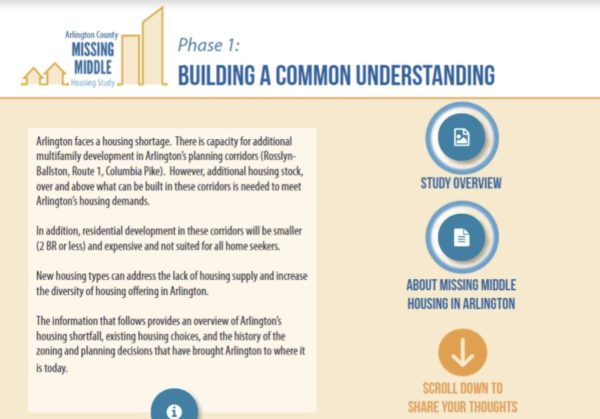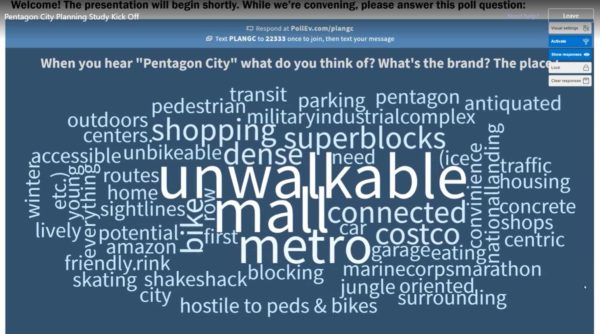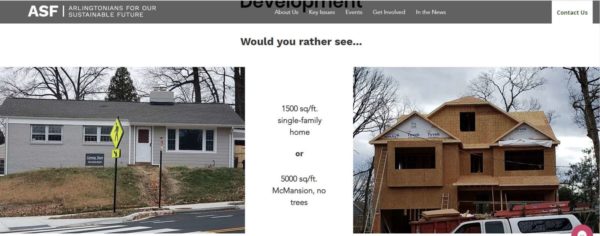Crystal City and Pentagon City have long been a patchwork of single-family homes, dense retail, and aging office buildings, cut up by wide roads. Nothing divides the neighborhoods more than Route 1, which is elevated as it comes from DC into Arlington.
Two years ago, when Amazon selected Arlington for its second headquarters, it pushed to include a plan to bring more sections of the highway to ground level. Although many urban highways should be removed, the Route 1 plan is imperiled by the decision to maintain current traffic volume.






